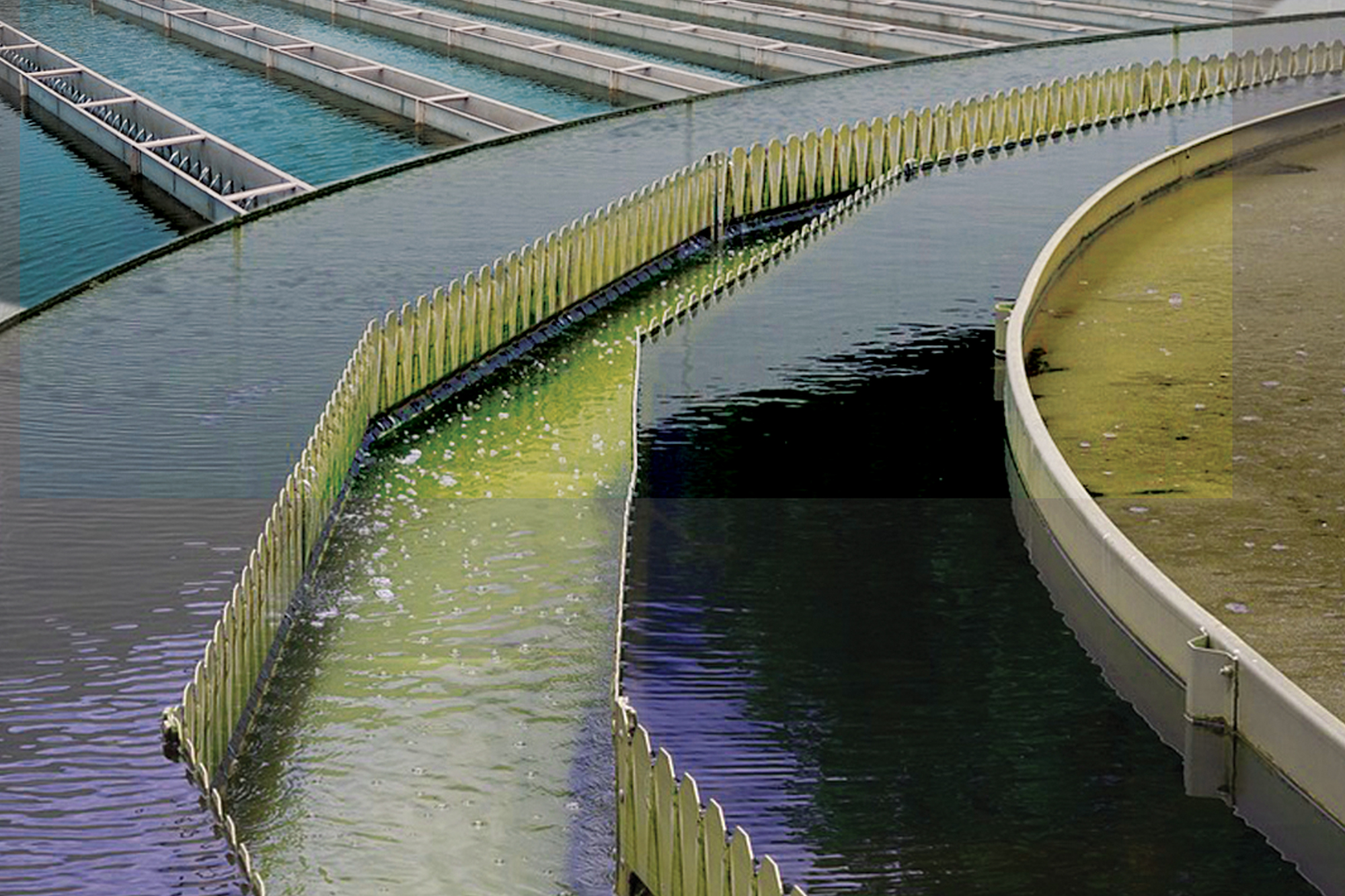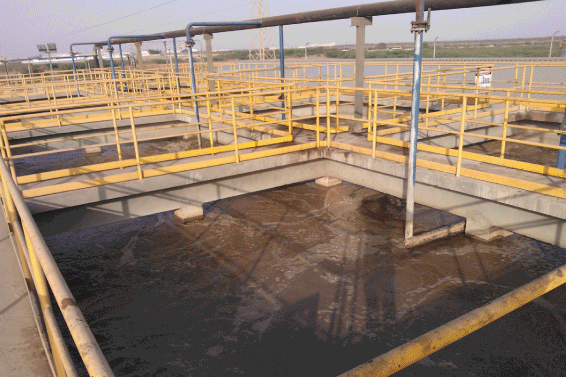Effectiveness of efficient water management for economic development
By Edit Team | April 13, 2022 12:45 pm SHARE

The development and management of water play a special role in the economic development of the nation. Water is critical for lives, livelihoods and maintenance of critical ecosystems. Agriculture is the backbone of the Indian economy and irrigation plays the most important role in ensuring the food security of the country. The National Water Policy (2012) also emphasises that the water needs to be managed as a common pool community resource held by the State, under the public trust doctrine to achieve food security, support livelihood, and ensure equitable and sustainable development for all.
Recycling of water reduces the stress on freshwater availability and wherever feasible, it is desirable to supplement the water demand through this process. Water is a state subject, so management of water including wastewater treatment and recycling is within the purview of the state. The central government sets norms and provides technical and financial assistance under specific programmes. Sewage generation for urban centres is estimated at 72,368 MLD and the total installed treatment capacity is 31,841 MLD, as per inventorisation of Sewage Treatment Plant (STPs) for the year 2020 by Central Pollution Control Board (CPCB).
The Common Effluent Treatment Plant (CETP) is a waste-water treatment facility, wherein, effluents from medium/ small scale industries, in an industrial cluster/ estate, are brought to a centralised place for treatment. Presently, a total of 197 CETPs are operating in 20 States/UTs, across the country, with design capacity of 1810 MLD and operational capacity of 1070 MLD.
The treated wastewater being generated from industries may be recycled/ reused by installing a water recovery system (Zero Liquid Discharge). Presently, 45 CETPs, located in 7 States, with an operational capacity of 114.13 MLD, have installed Water Recovery System.
Cookie Consent
We use cookies to personalize your experience. By continuing to visit this website you agree to our Terms & Conditions, Privacy Policy and Cookie Policy.
































-20240213125207.png)

























